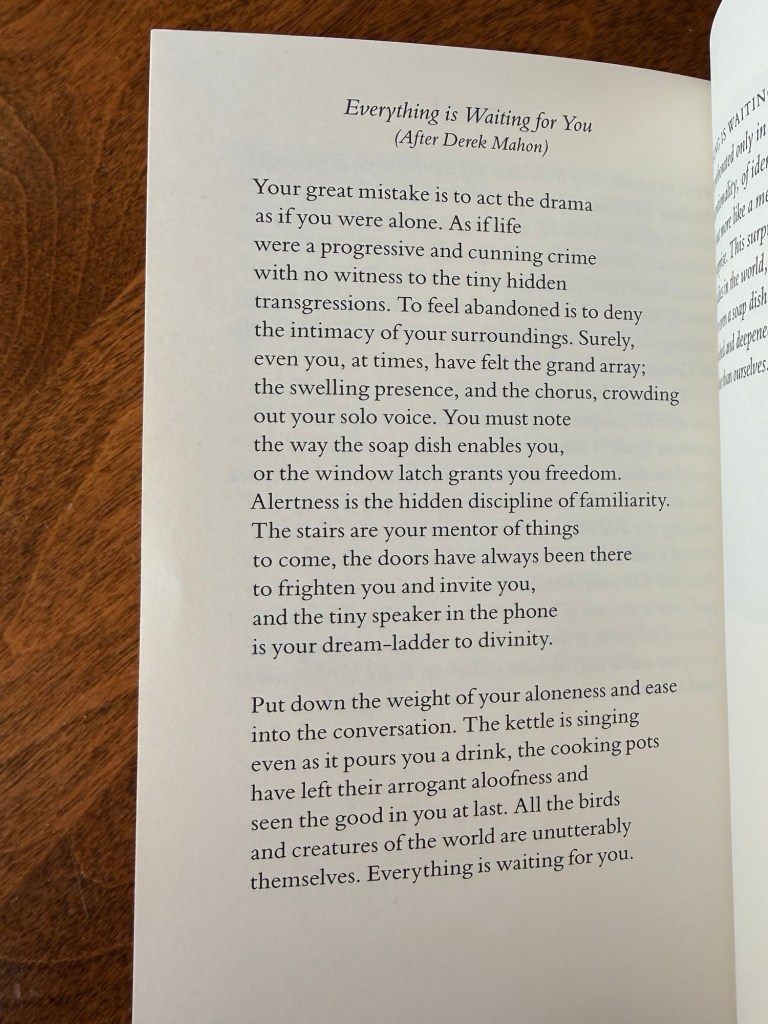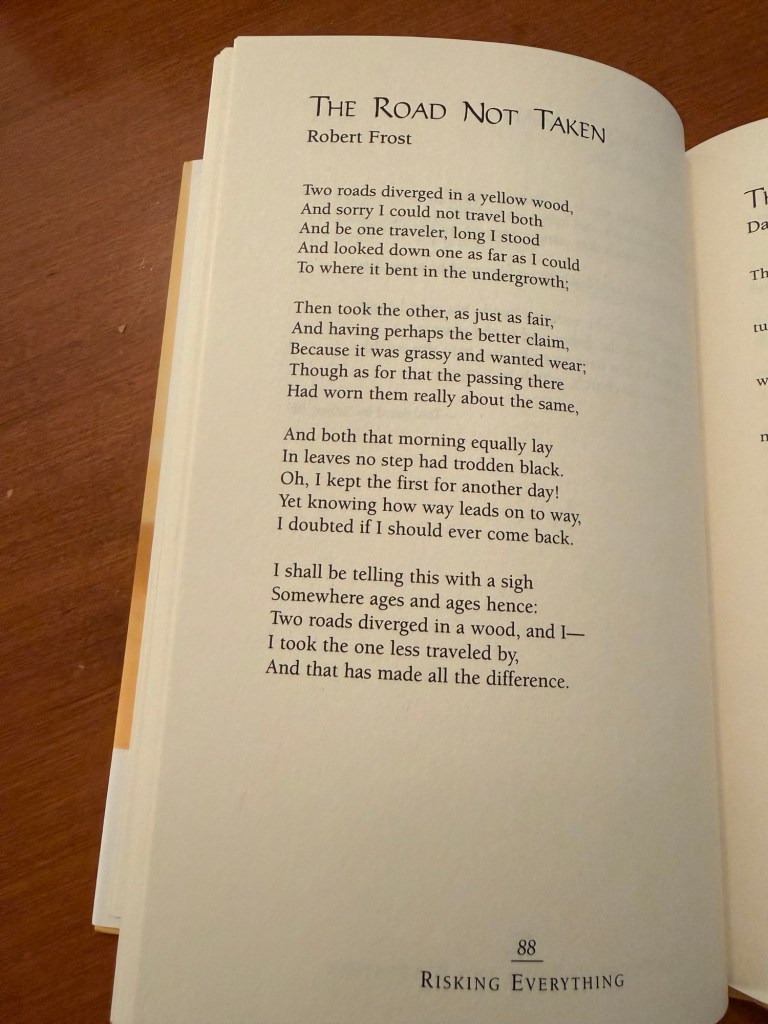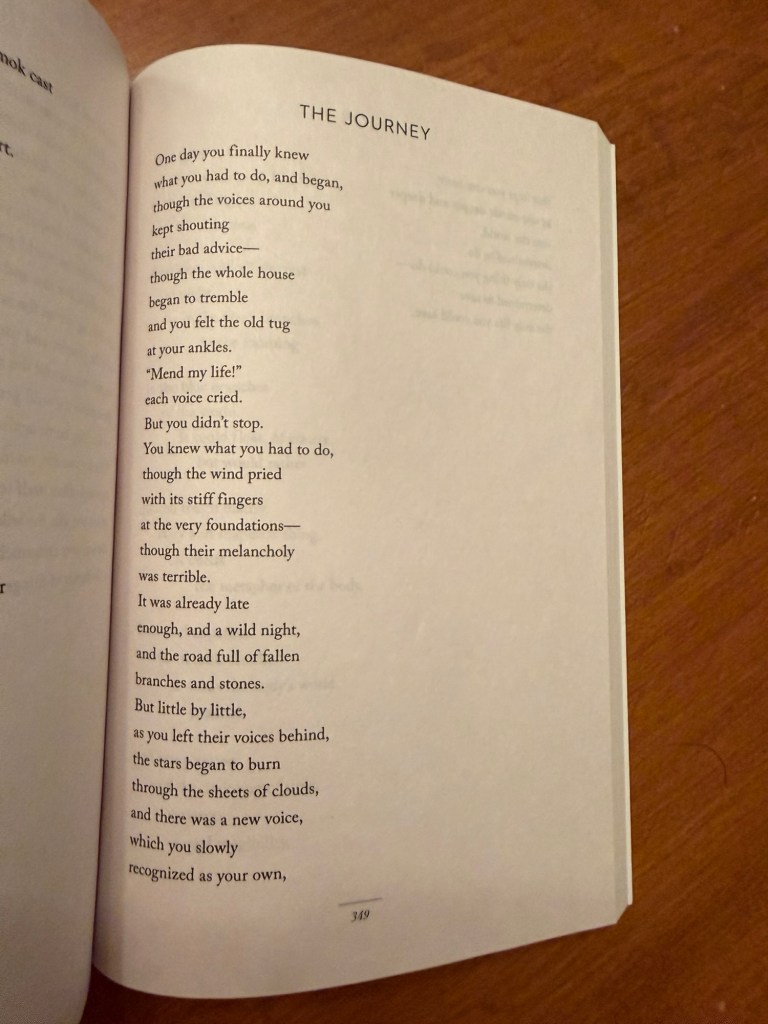John Lewis made his mark by getting into what he called “good trouble”. He sat in the front row when told to go to the back. He kept going forward when told to stop. He defied authority when that authority defied the promise of justice and equal opportunity. His boldness and courage in the pursuit of a more just society helped move our nation forward.
I first saw him in person in a crowded Congressional committee hearing room in 1987. He had just been elected to his first term in Congress and was the talk of Capitol Hill for his stunning upset victory over Julian Bond in the Democratic primary. Everyone expected Bond to win that seat. He was handsome and charismatic and was anointed as a rising political superstar by the pundits. During that campaign Lewis was rightly lauded as a civil rights hero, but he was considered unpolished and not telegenic enough for the hip political crowd. But he won and started a career in Congress that would span more than three decades.
I was a new Congressional Legislative Assistant that winter, working on the staff of another Georgia Congressman, Buddy Darden. Buddy was a great boss and became a mentor for me. He had entrusted me with managing his assignments on the House Interior Committee. That morning when I first saw Mr. Lewis I was seated behind my boss in the staff section of the National Parks and Public Lands Subcommittee hearing room.
I thought I was something. I was 22-years-old and had a Congressional staff ID. I could come and go throughout the Capitol complex and enter committee hearings through the restricted entrance with the members of Congress.
I don’t remember what issue the committee was taking up, but the hearing that day must have been a big deal because the room was packed. There was standing room only, with people jammed all the way against the door at the back. Shortly after the hearing had begun, Mr. Vento from Minnesota, the subcommittee chairman, stopped the proceedings after noticing that Mr. Lewis, the newest member of the subcommittee, was standing in the very back of the room behind the crowd of lobbyists and reporters who couldn’t get a seat.
Seeming a bit flummoxed to see a subcommittee member quietly standing with the overflow crowd in his own hearing room, Mr. Vento called to Mr. Lewis to come through the crowd and take his seat on the dais with the subcommittee. The people standing in the back, realizing what was going on, parted to make way for him to come through to the front to join the hearing.
It was clear that Mr. Lewis did not want to impose or intrude, to push through to his rightful place. He was new enough to not know to use the “Members Only” entrance behind the committee table. His reluctance to exert his authority and his obvious lack of self-importance was a bracing and refreshing contrast to what I had already noticed in so many members of Congress in my short time on the Hill.
This man who had famously defied authority for the sake of those without power, was now the one with power. But here he was, the epitome of humility and gentleness in a place that seems to run on the fuel of ego.
That moment in the hearing room has remained with me. Over the next four years of my time working on Capitol Hill I got to see Mr. Lewis in action frequently. He eventually discovered the members entrance, but he never ceased to be kind and never acted like the big deal everyone knew him to be.
(I got to drive him to the airport once when my boss found out he was going to take the subway there one Saturday, and my boss offered that I could take him instead. Mr. Lewis didn’t want to impose on any of his staff on the weekend, but I was thrilled to have the honor to drive him.)
Since his death last week, I have seen many similar stories shared about Mr. Lewis. His strength of character, his courage, and his boldness in noble causes mark him as a true American hero and convict me and challenge me to be better and do more. But his gentle way and humble kindness made just as much of an impression on me.
I’ve found much value in having icons of greatness to guide my thinking and actions. Lincoln was my first childhood hero, and I have favored biography and history in my reading to cull what wisdom I could from lives of distinction. It’s good to have your own Mt. Rushmore of noble men and women carved into your consciousness, to remind you of the kind of character you want to possess. That moment in the hearing room with John Lewis continues to remind me of the humility that marks the bearing of those who are truly great.
I am thankful for the brief, ennobling encounters I had with Mr. Lewis and for the large difference his life has made on our nation and in the cause of human decency everywhere.



